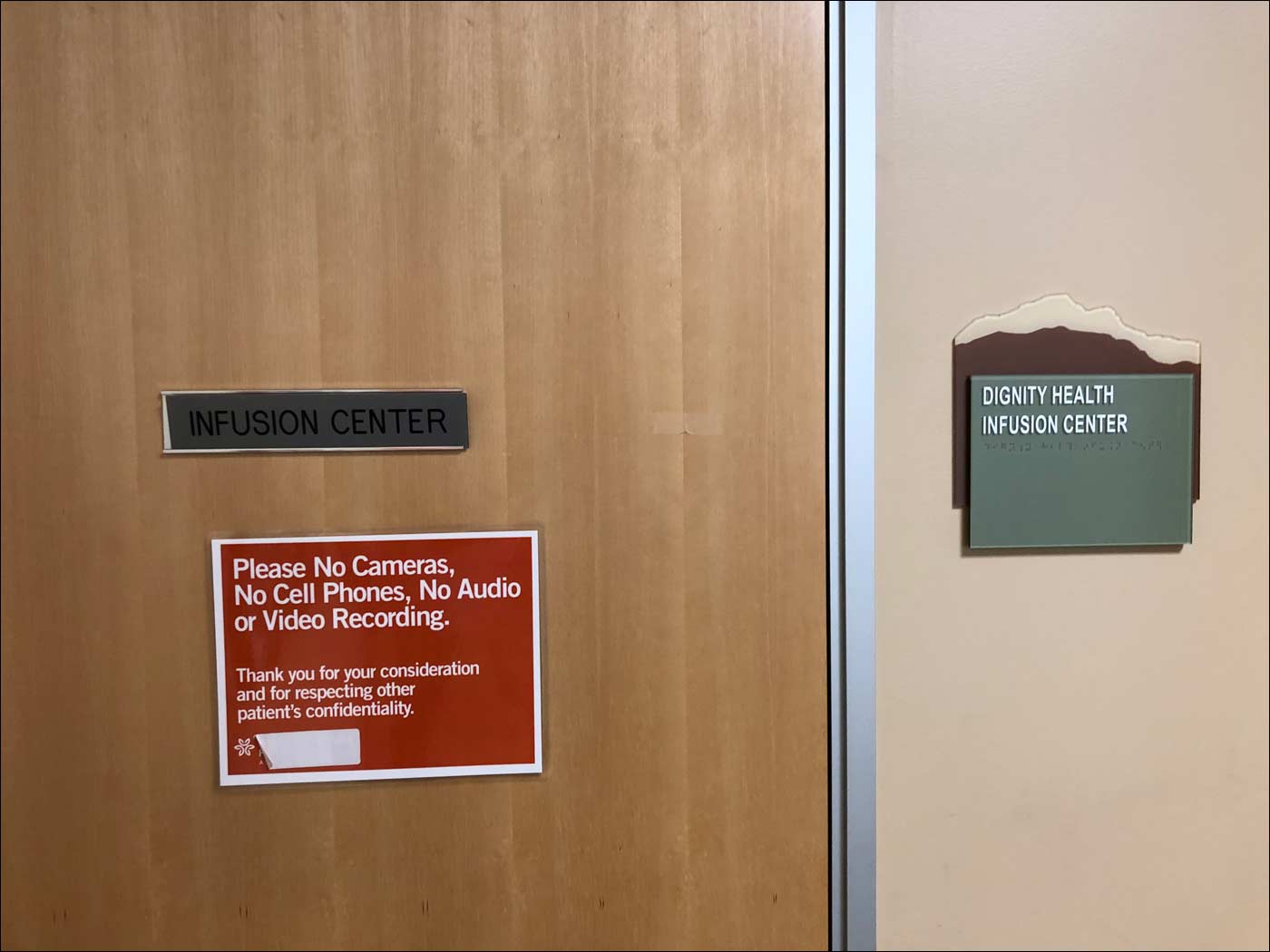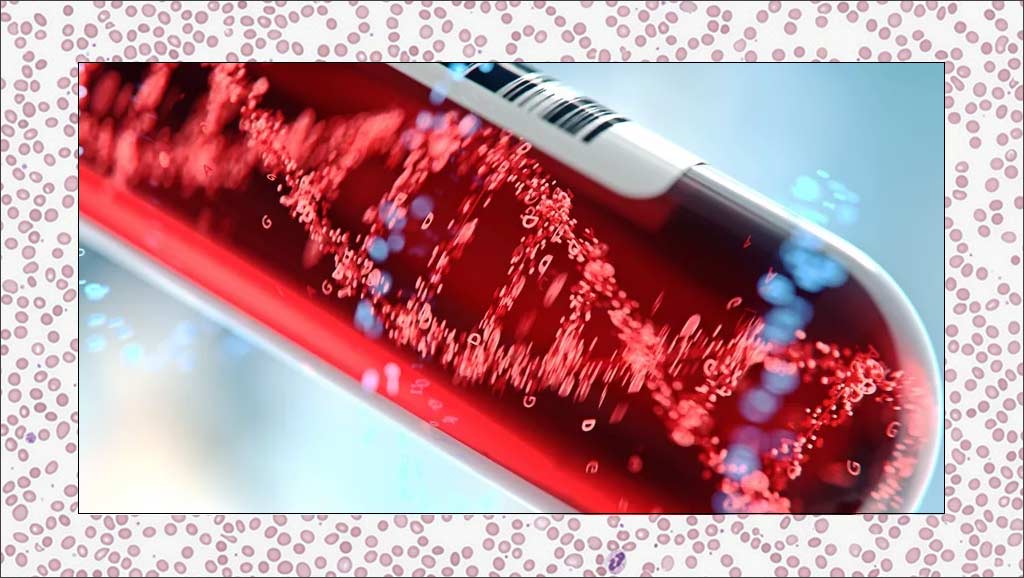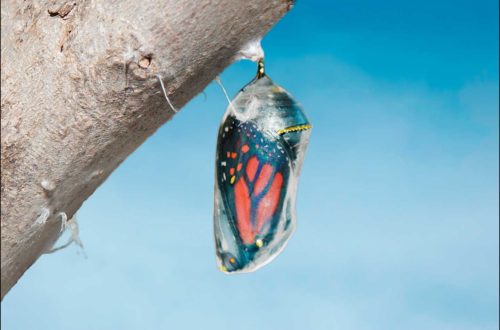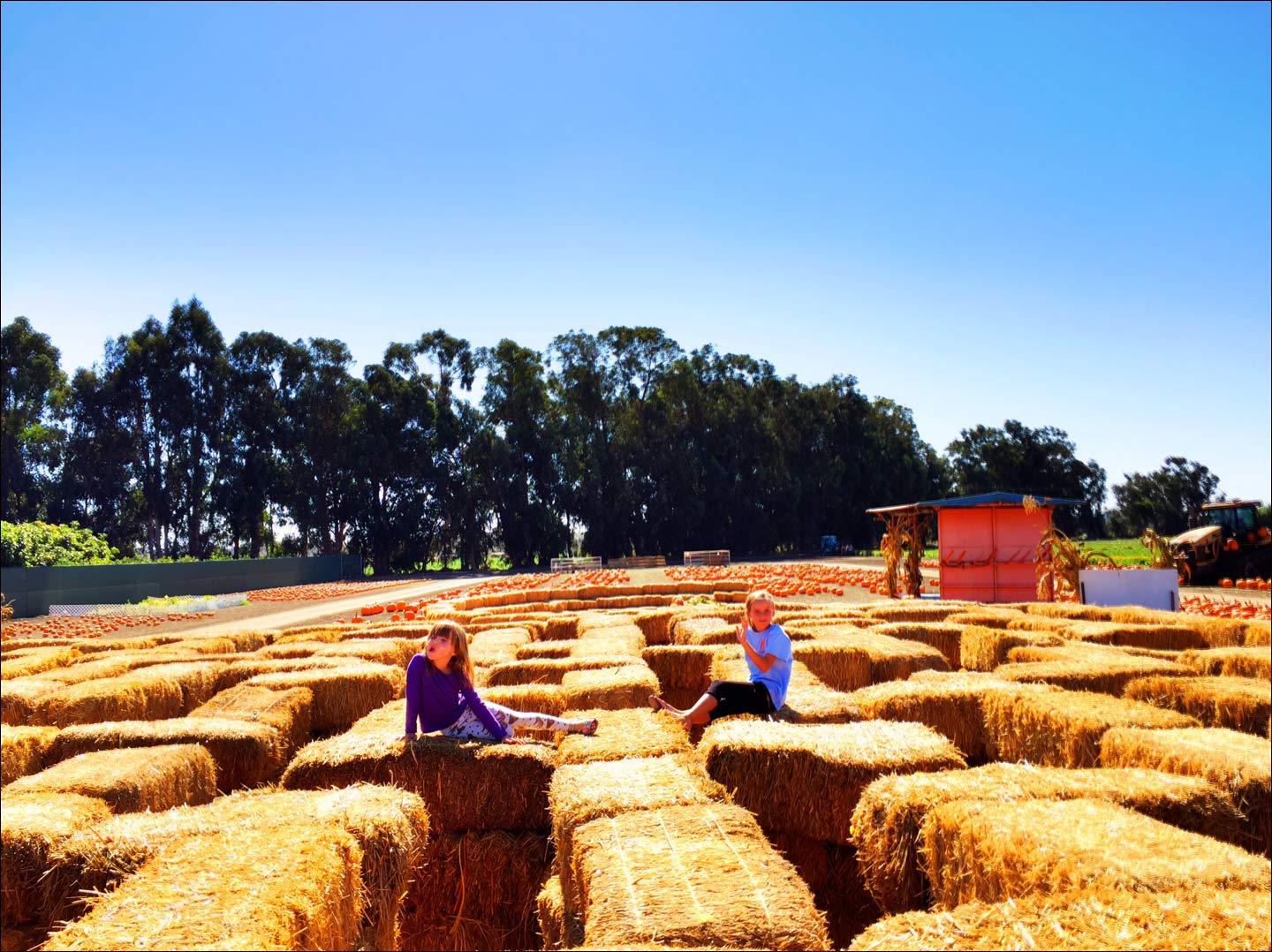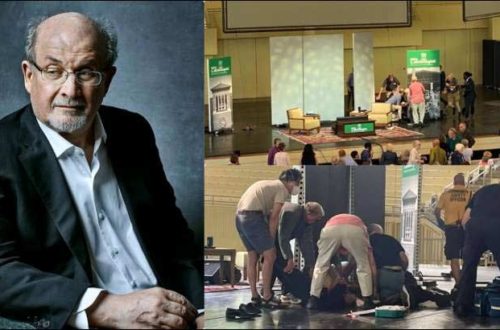So I changed my health insurance last year so that this year I could have “PPO” rather than “HMO” health insurance. It has been worth it, even having to spend some money.
As a result, I saw a quality physical therapist in January who took the time to train me about a longstanding issue I have with my Achilles tendon — and it was hours spent closely touching and educating me, not minutes. My previous physical therapists were more of the “spray and pray” method of health care. Twenty minutes of their time once and then never again.
And my new “PPO” doctor did not just email me the results from my blood test, as did my “HMO” one. Instead he talked with me about them in person. I liked this approach much more. I do not have the experience or training to make sense of complicated blood sugar and cholesterol readings. I would prefer my doctor to just tell me what is worrisome and what is not. But my previous doctor had never much cared about my red blood cell count. My current doctor does. “It is most likely nothing. In fact, I am almost sure it is nothing. But I want to send you to a specialist, just to be sure.” OK. It would seem I have “polycythemia” — a condition defined as “an increase in red cell mass as evidenced by increase in hemoglobin, hematocrit and number of circulating erythrocytes (RBCs)” in my blood. In short, there are too many circulating red blood cells in my bloodstream. After two separate blood tests came back with too high results, the doctor asked me the following questions —
“Do you smoke two packs of cigarettes a day?”
No.
“Do you live and/or exercise at high altitude?”
No.
“Do you take testosterone or human growth hormone?”
No.
There was no obvious reason for my elevated red blood cell count, so my doctor sent me to a “hematology oncologist” — a specialist in iron-deficiency anemia, hemophilia, sickle-cell disease, leukemia, lymphoma, as well as cancers of other organs. This doctor would run further tests to make sure I do not have any of these diseases. He examined me and took additional blood for tests, and I will return in two weeks to learn more. I could be in chemotherapy next month, depending on the results. The doctor then asked me question after question —
“Have you ever worked around radiation or chemicals?”
No.
“Do you have trouble sleeping?”
No.
“Have you experienced weight loss? Loss of appetite?”
No.
“Do you have low energy? An inability to exercise?”
No. I have not played better, more competitive tennis in my life than I have in the last twelve months.
In fact, I answered “no” to every question he asked. I am relatively young at 51 years of age. I am in good health. I feel fine. When I asked him if I should be worried about the blood test results in two weeks, he shook his head and said, “I would not be worried.” Interestingly, my doctor, an elderly Persian gentleman, seemed curious that I might have sleep apnea. We shall see.
But it scared me a bit to be in the office of an oncologist. My mother died of lung cancer when I was 29, and my stepmother at 79 years old is in her third year of fighting metastatic breast cancer. I have long experience in hearing in exhausting detail the struggles of cancer patients. PET and CT scans and tumors; cancer markers in blood tests; immunotherapy, chemotherapy, and “clinical trials.” Cancer — the big “C” — even with advances in treatments and improved survival rates, it is still a killer. It can become like a game of “whack a mole” where you fight a losing rearguard action against microscopic cancer cells which eventually break out all over and overwhelm your defenses. The Roman Legions might win a heroic victory or two against the Goths or Vandals on the frontier, but sooner or later Rome is going to fall. Cancer cells will literally grow in perpetuity — forever they will grow. Of course they will kill your body long before that, and this will be the end of those cancer cells. A part of me wanted to watch the recent “Cancer: The Emperor of All Maladies” documentary, but I just could not do it. I did not want to spend six hours looking in detail at the pathology of cancer, even if the story were magisterially told.
Sitting there in the hematology oncology waiting room in Ventura last week, I saw the usual suspects waiting for their cancer treatments. The (chemotherapy) hairless, the suspension stockings, the canes and walkers — the old, the infirm — cancer patients. The fact that this oncology office was so impressively modern and spotlessly efficient made it all the more scary. My stepmother and father have spent much of the past three years in such offices all around the country. Just last month I read the thoroughly terrifying story of Julie Yip Williams from the first to the last word. I felt a bit singed by the intensity of the author as she effused rage after being diagnosed with advanced colorectal cancer and growing sicker and sicker. I read the husband’s final words about the anger and the ugliness at the end of Julie’s life in the book’s epilogue — and it scared me. And I don’t scare easily.
I don’t want to be around oncology culture. No way. Not yet.
I am not worried. But, sooner or later, I will be in that office. Or some other office. I will get sick. Then I will die.
God, please let it be later rather than sooner. And let it happen to me, not my wife or daughters. I think I could die with more than a modicum of grace and dignity, but I fear I could not endure the early deaths of my daughters.
“Oncology.” Jeez.
Live and enjoy your life NOW, Richard! Yesterday is gone. Tomorrow is a myth. There is only the eternal present.
Let this passing encounter with oncology be a reminder to you.
My father was upset, as was my stepmother, when their oncologist recently reminded them that hers was a terminal condition. I think my father deep down knew this, but he did not appreciate being reminded and thus having any hope for survival killed off. But I think the oncologist was right to speak what is the plain truth to the patient: her professional judgement was important to hear. “This disease is going to kill you.” My father was angered. But he and my stepmother deserved to be reminded of this fact, in my opinion.
And so do all of us. It reminds me of Socrates when after the jury sentenced him to death, he remarked, “And life has condemned them to death, too!” Or as Rod Serling put it: “Every man is put on earth to die. Time and method of execution unknown.” If each of us has a birthday, we also have a “death day.”
We are all of us going to die. Some sooner than others. Two or three decades more for me, if I am lucky. In one way the passing of decades could seem like a long time, but in another the years they will speed by quickly — almost as in a snap of the fingers. Before I know it I could be in the oncology office for real.
Do it, Richard. Live your life NOW. Drink deeply, for tomorrow we shall die.
Carpe diem!
Amen.
EASY FOR ME TO SAY “WE SHALL DIE TOMORROW”? SINCE I PROBABLY WILL NOT?

“Depend upon it, sir, when a man knows he is to be hanged in a fortnight, it concentrates his mind wonderfully.” — Dr. Samuel Johnson
Postscript: All this turned out to be nothing, as suspected. I was informed my blood tests showed that I did not have the “prothrombin gene mutation,” whatever that was. I was told I might have a case of “mild sleep apnea” where breathing problems from oxygen deprivation during the evenings were causing my body to produce too many red blood cells. I doubted that; I slept fine at night, and I woke up rested in the morning. But I am relieved not to have had to spend any time in “infusion centers” where powerful drugs/poisons were “infused” into my body (for my supposed well being). I was happy not (yet) to be a part of “cancer culture.”
